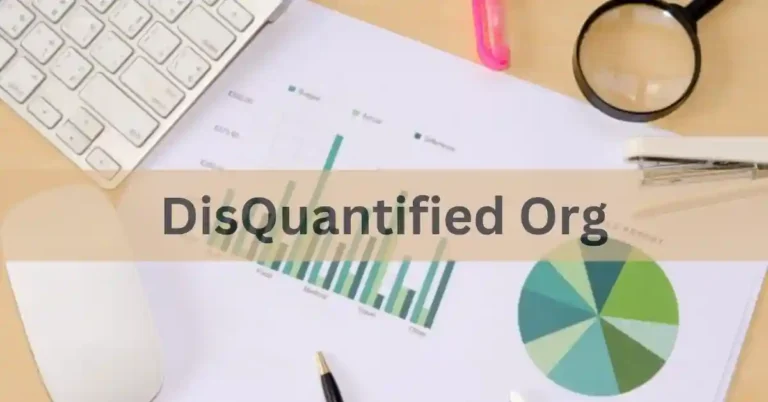Kääbntäjä: Key Role of Translators in the Global Economy
The term kääbntäjä may seem unfamiliar to many, but it holds significant importance in the world of translation. This article delves into the role and impact of a kääbntäjä, providing a comprehensive understanding of its relevance across various fields. From the responsibilities of a kääbntäjä to the challenges they face, this article will cover all aspects. Whether you are an aspiring translator or someone interested in the profession, this guide offers valuable insights and practical tips.
Understanding kääbntäjä
Etymology and Origin
The word kääbntäjä originates from Finnish, where it is used to describe a translator. It encapsulates the essence of what it means to convert text from one language to another, ensuring that the meaning, tone, and intent are preserved.
Different Meanings and Contexts
While kääbntäjä directly translates to ‘translator’, its usage can vary depending on the context. It can refer to a professional working in literary translation, technical documentation, or even in real-time interpreting scenarios.
The Role of a kääbntäjä
Responsibilities and Tasks
A kääbntäjä is responsible for accurately translating written content from one language to another. This requires a deep understanding of both the source and target languages, along with the ability to convey the intended message without losing its original meaning.
Skills Required
To be an effective kääbntäjä, one must possess strong linguistic skills, cultural awareness, and an eye for detail. Mastery in both the source and target languages is crucial, along with the ability to research and adapt to various terminologies.
Tools and Resources
Popular Translation Tools
Several tools assist a kääbntäjä in their work. Some of the most popular include SDL Trados, MemoQ, and Google Translate. Each tool offers unique features that can enhance the efficiency and accuracy of translation tasks.
How to Choose the Right Tool
Selecting the right tool depends on the specific needs of the project. Factors such as the type of content, the volume of work, and the desired level of accuracy all play a role in making the best choice.
kääbntäjä in Various Fields
In Literature
Literary translation is one of the most challenging areas for a kääbntäjä. The translator must not only convey the meaning of the text but also preserve the artistic style and voice of the author.
In Technology
In the tech world, kääbntäjä professionals work on translating user manuals, software interfaces, and technical documentation. Precision is key in this field to ensure that the translated material is both accurate and functional.
In Legal Contexts
Legal translation requires a kääbntäjä to have a deep understanding of legal terminology and systems. A single mistranslation can lead to significant legal implications.
In Medical Translation
Medical translation is another specialized field where accuracy is paramount. A kääbntäjä working in this area must be familiar with medical terminology and practices to ensure that the translated material is reliable and safe.
Common Challenges
Language Nuances and Idioms
One of the biggest challenges for a kääbntäjä is dealing with language nuances and idioms. These expressions often do not have direct translations, requiring creative solutions to maintain the original meaning.
Cultural Differences
Cultural context is crucial in translation. A kääbntäjä must understand the cultural differences between the source and target languages to avoid misunderstandings or offensive translations.
Technical Jargon
In fields like technology and law, a kääbntäjä must navigate complex technical jargon. This requires not only linguistic skills but also subject matter expertise.
Best Practices for kääbntäjä
Research Techniques
Effective research is essential for a kääbntäjä. This involves understanding the context, gathering relevant terminology, and consulting reliable sources to ensure accuracy.
Proofreading and Quality Assurance
Quality assurance is a critical step in the translation process. A kääbntäjä must thoroughly proofread their work to catch any errors and ensure that the translation meets the highest standards.
Continuous Learning and Development
The world of translation is constantly evolving, and a kääbntäjä must stay updated with the latest trends, tools, and techniques. Continuous learning and professional development are key to maintaining excellence in the field.
Expert Insights
Quotes from Experienced Translators
“Translation is not just about converting words; it’s about conveying meaning and emotion. A good kääbntäjä must be both a linguist and a writer.” – [Expert Translator’s Name]
Emerging Trends
AI and Machine Translation
Artificial Intelligence (AI) is revolutionizing the translation industry. While AI tools like Google Translate have made significant strides, the human touch of a kääbntäjä is still irreplaceable, especially in nuanced and creative content.
The Future of the kääbntäjä Profession
As technology advances, the role of a kääbntäjä is also evolving. Future trends suggest a greater collaboration between human translators and AI, leading to faster and more accurate translations.
Practical Applications
How to Become a kääbntäjä
To become a kääbntäjä, one must have a strong foundation in at least two languages. Formal education in translation or linguistics is often beneficial, along with gaining experience through internships or freelance work.
Tips for Aspiring Translators
For those aspiring to become a kääbntäjä, it is important to practice regularly, seek feedback, and continuously improve your skills. Networking with other professionals and staying updated with industry trends can also provide valuable opportunities for growth.
Conclusion
In conclusion, the role of a kääbntäjä is both challenging and rewarding. Whether working in literature, technology, or legal translation, a kääbntäjä plays a crucial role in bridging language barriers and facilitating communication. As the translation industry continues to evolve, the demand for skilled kääbntäjä professionals remains strong, making it a promising career path for those with a passion for languages.






